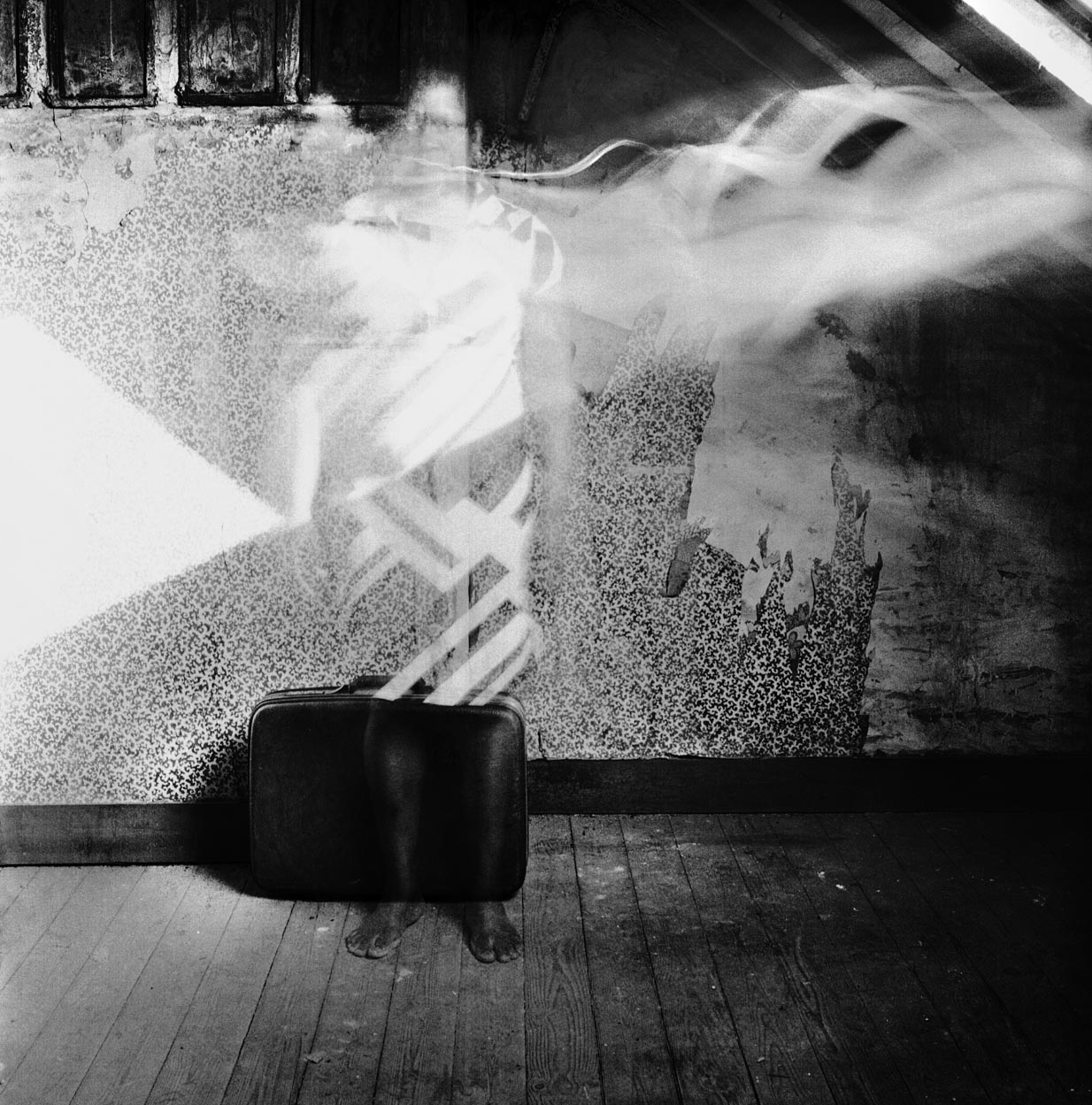Pratibha Parmar: desire and resistance
Pratibha Parmar, Rebecca Close and Anyely Marín C.
13.03.2019 – 18.03.2019
Activity from Microhistories of the Diaspora. “Embodied” experiences of female dispersion
Created by La Virreina Centre de la Imatge, Supported by Pla Barcelona Interculturalitat
Curated by Tania Adam
In collaboration with Museo Nacional Centro de Arte Reina Sofía
Floor 0
Free
40 places. Registration required here.
Session 1: Pratibha Parmar’s Video Art
Workshop/screening facilitated by Rebecca Close and Anyely Marín C. @criticaldias. Registration required.
Wednesday 13th March, 6 – 9 pm
As part of the Microhistories of the Diaspora programme and in preparation for Pratibha Parmar’s visit, this workshop provides an opportunity to take a closer look at her video-art work so that the questions she posed and strategies she employed can be translated/examined from today’s perspective. We will work with Pratibha’s own work (screening of parts of Khush [1991], Reframing Aids [1989], Emergence [1986] and Wavelengths [1997]).
Thatcherism was characterised by cuts in social projects, the introduction of new controls on migration, and the intensification of video surveillance in public and leisure spaces. The latter coincided with the introduction of video in police interviews and the mass application of the ‘eye of the police’ in stop and search procedures based on ethnic profiling.
What does it mean today to appropriate a State surveillance technology, like video was for Pratibha Parmar’s work? How can technology as a tool for strengthening our networks of care and criticism be reinscribed today? How can resistance be mounted to today’s racial and sexual surveillance technologies?
Session 2: Fostering Situated Knowledge
Workshop facilitated by Pratibha Parmar
Monday 18th March, 6 – 8 pm
This second session of the workshop is a conversation between the different groups and Pratibha Parmar, with emphasis on the fundamental aspects of her video work: on the one hand, her reflections on personal historical memory and the complexity of identity politics within a context of diaspora; and on the other, art work as a way of introducing new accounts, and also the importance of developing self-referential narratives to disrupt centre/margin binaries.
We will also examine how social imaginaries determine surveillance through technologies within a context of repression; we will talk about the speculation surrounding the creation of real and virtual queer spaces; we will address past anonymity and compare it to present-day hyper-identification, a clear testament to how technological transformation has gradually structured debate on activism around black feminisms; and we will reflect on the metamorphosis of the idea of community and collectivity.
In short, the aim is to focus on how her artistic strategies responded to a very specific context of racialisation and sexualisation, which worked by using visual imaginaries structured by popular authoritarian narrative techniques as a way of marginalising and fragmenting movements. Always through the lens of unfair treatment between the past and the future, reflecting not only on processes of temporal-linear transformation, but also on the past as a trigger of present-day situations.
Later, Tuesday 19 March, Pratibha Parmar will hold the conference Sexual dissidence and black feminisms in the transnational context.

























